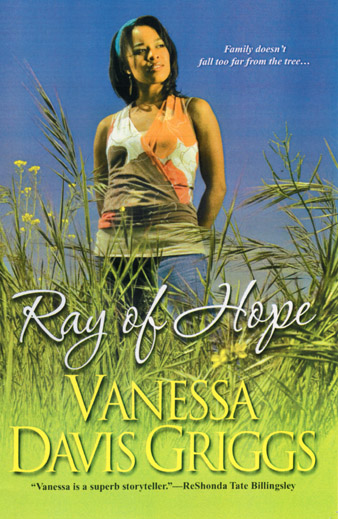
This morning I had a conversation with an author friend who wants me to host a press junket/book party for him. I love to throw parties, but organizing a product launch party(what I call it) fizzles out the fun for me unless I know that what we are going to do at this party will be worthwhile for the press I invite, for the readers, and for the guest of honor. Here are a few of things I think a book party should have if it plans on getting readers out the house. And you are welcome to comment .
1. It needs a theme.
The party colors should match the book cover. The atmosphere should match the mood of the book. A theme does that. If your book is about pirates, then a pirates themed party. Sounds like a no brainer. If its a romance novel, a romantic theme. We readers like to visualize, so putting us in the setting would be great.
2. It needs a book giveaway display.
You need to have a nice book display of books that number your RSVPs already signed by you to give-away. It would be nice to include a coupon from a local bookstore or bookstore that will be signing your book in the next few weeks, along with something to remind everyone that you will be doing a booksigning soon.
People are here to party not worry about their pocketbooks. Think of it as a parting gift.
3. It needs to include a party press pack.
I don't want to be loaded down with a lot of stuff, but I need to have certain media items that I can read once I'm home or at an editorial meeting. Make it small, easy to carry and inclusive of the theme.
4. Make this event exclusive, but large enough to create buzz.
Booksignings are for everyone, but book parties are not. Invite newsworthy or media or pastors, other authors, entertainers and your top supporters(family, friends, coworkers.)
5. Make this event free.
It's a party...Treat it like you treat your child's birthday party. People are drawn to that, will talk about it, and they have a copy of your book in their hand. People will want their own copy and go purchase it.
6. Have light, but tasty party food and a variety of drinks.
You don't want people to become tired from full bellys. Have your food stick to theme. Ask friends to serve.
7. Make this party photo and e-friendly.
You can even podcast the party and interview guest in realtime. But take lots of pictures.
8. Location. Location.Location.
Have this party in a nice venue. It could a friends home, a trendy newspot or a church. But make sure it fits the theme. It's not too spacious. You want people standing and mingling. Not sitting and eating.
9. Talk up your book.
You can read it or have a dramatist, but give us five minutes of this book. The best part :)
10. Have fun.
Now what would get you to come to my book launch party?




















